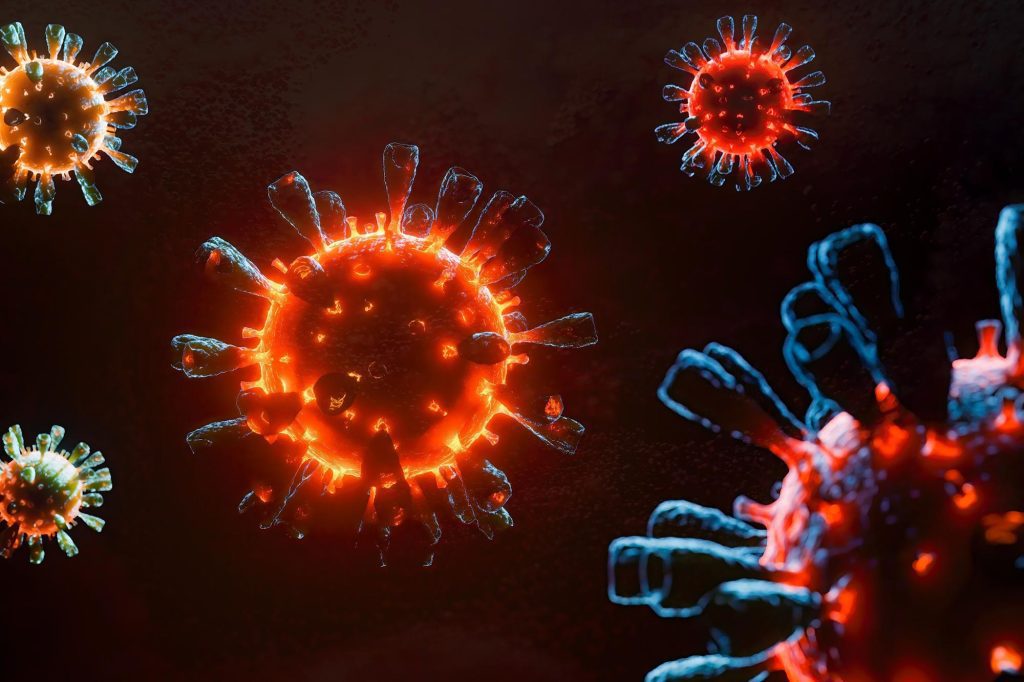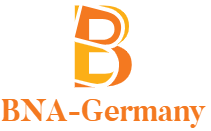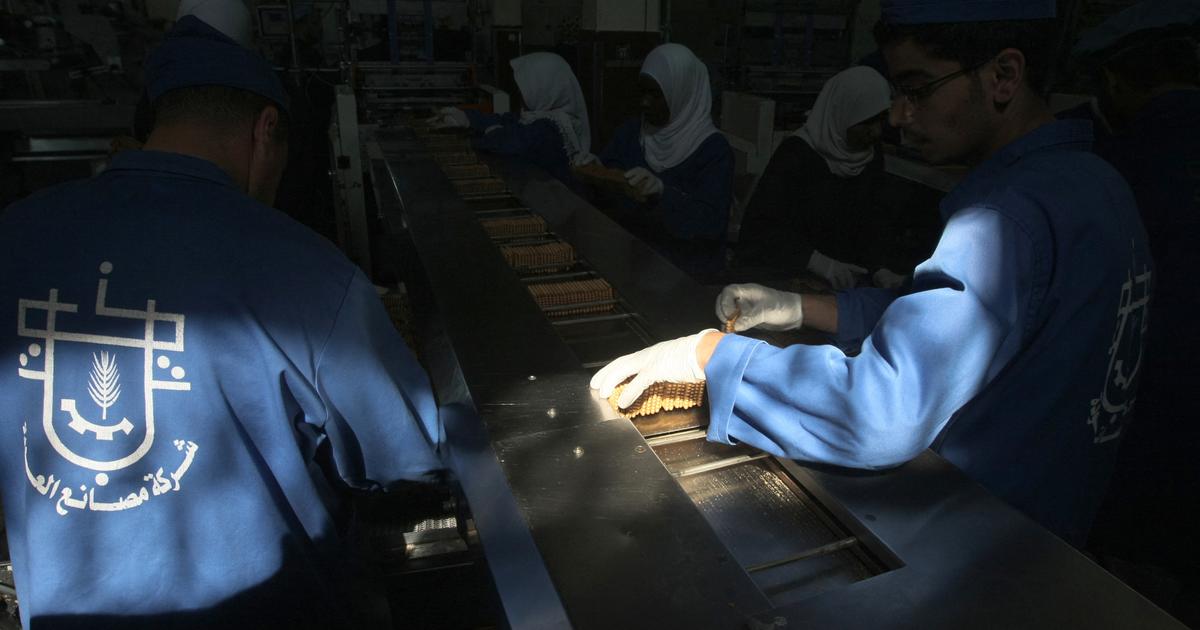

Laut den Forschern ist die H84T-BanLec-Therapie vielversprechend. Sie hoffen, bald mit Tests am Menschen beginnen zu können.
Das potenzielle Heilmittel wird aus Bananenprotein gewonnen.
Eine am 13. Januar 2020 veröffentlichte Studie deutete auf die Entwicklung einer potenziellen Behandlung hin, die zur Bekämpfung aller bekannten Grippestämme eingesetzt werden könnte.
Eine Woche später wurde der erste im Labor bestätigte Fall von C[{“ attribute=““>SARS-CoV-2 triggered the two-and-a-half-year-long COVID-19 pandemic in the United States.
Interestingly, the worldwide research team behind the influenza report had also looked into the treatment of coronaviruses before the virus that temporarily halted their work arrived.
“At the time we thought MERS would be the big target, which we were worried about because of its 35% mortality rate,” said David Markovitz, M.D., professor of internal medicine, Division of Infectious Diseases at the University of Michigan Medical School. (MERS, or Middle Eastern Respiratory Syndrome, caused a brief outbreak in 2015 and resulted in 858 confirmed deaths.)
A study published in Cell Reports Medicine describes the effectiveness of H84T-BanLec against every coronavirus known to infect humans, including MERS, the original SARS, and SARS-CoV2, including the omicron variant. Markovitz is joined by two senior authors: Peter Hinterdorfer, Ph.D., of the Institute of Biophysics at Johannes Kepler University, and Kwok-Yung Yuen, MBBS, M.D., of the University of Hong Kong. Jasper Fuk-Woo Chan, M.D., of the University of Hong Kong, is the paper’s first author.
“When COVID-19 occurred, we of course wanted to study the therapy’s potential and discovered it was effective against every type of coronavirus, in vitro and in vivo,” Markovitz said. “Whether delivered systemically or through the nose in animal models or prophylactically or therapeutically early on in the illness, it worked.”
H84T-BanLec is derived from a lectin (a carbohydrate-binding protein) isolated from banana fruit. It accomplishes its remarkable viral-blocking abilities by binding to high-mannose glycans, polysaccharides that are present on the surface of the viruses, but only very rarely on normal healthy human cells. After binding, the virus cannot enter cells to infect them.
Using atomic force microscopy and related methods, the team confirmed that H84T develops multiple strong bonds with the spike protein, which, said Markovitz, probably explains why it’s hard for a coronavirus to be resistant to the lectin.
Despite their anti-viral potential, lectins have traditionally been avoided as possible therapies because they are proteins that can stimulate the immune system in a potentially harmful way, explains Markovitz. However, H84T-BanLec has been modified to remove this effect and showed no detrimental effects in the animal models.
While several treatments for COVID-19 currently exist, including remdesivir, Paxlovid, and monoclonal antibodies, they have varying levels of effectiveness, side effects, and ease of use and many have proven less effective as SARS-CoV2 continues to evolve.
H84T-BanLec holds unique promise, according to the team, because it is effective against all coronavirus variants as well as influenza viruses. Markovitz and the team hope to see the therapy take the more difficult step from animal model to testing in humans. The team envisions a nasal spray or drops that can be used to prevent or treat coronavirus and influenza infections in seasonal and pandemic situations. They also hope to examine using H84T-BanLec against cancer—as cancer cells, like viruses, also have high mannose glycans on their surfaces.
Reference: “A molecularly engineered, broad-spectrum anti-coronavirus lectin inhibits SARS-CoV-2 and MERS-CoV infection in vivo” by Jasper Fuk-Woo Chan, Yoo Jin Oh, Shuofeng Yuan, Hin Chu, Man-Lung Yeung, Daniel Canena, Chris Chung-Sing Chan, Vincent Kwok-Man Poon, Chris Chun-Yiu Chan, Anna Jinxia Zhang, Jian-Piao Cai, Zi-Wei Ye, Lei Wen, Terrence Tsz-Tai Yuen, Kenn Ka-Heng Chik, Huiping Shuai, Yixin Wang, Yuxin Hou, Cuiting Luo, Wan-Mui Chan, Zhenzhi Qin, Ko-Yung Sit, Wing-Kuk Au, Maureen Legendre, Rong Zhu, Lisa Hain, Hannah Seferovic, Robert Tampé, Kelvin Kai-Wang To, Kwok-Hung Chan, Dafydd Gareth Thomas, Miriam Klausberger, Cheng Xu, James J. Moon, Johannes Stadlmann, Josef M. Penninger, Chris Oostenbrink, Peter Hinterdorfer, Kwok-Yung Yuen and David M. Markovitz, 26 September 2022, Cell Reports Medicine.
DOI: 10.1016/j.xcrm.2022.100774

„Zertifizierter Unruhestifter. Freundlicher Forscher. Web-Freak. Allgemeiner Bierexperte. Freiberuflicher Student.“





More Stories
Die Federal Aviation Administration fordert eine Untersuchung des Misserfolgs bei der Landung der Falcon-9-Rakete von SpaceX
Identische Dinosaurier-Fußabdrücke auf zwei Kontinenten entdeckt
SpaceX startet 21 Starlink-Satelliten mit einer Falcon 9-Rakete von Cape Canaveral aus – SpaceflightNow